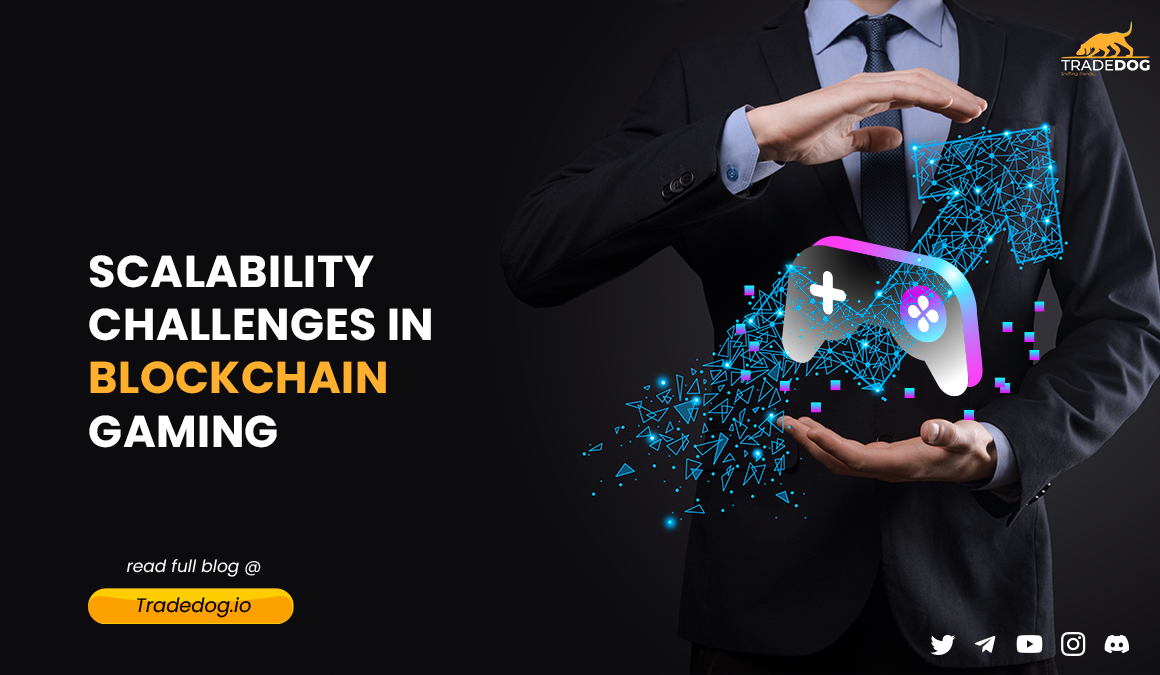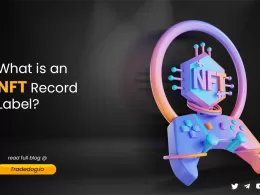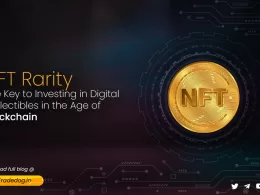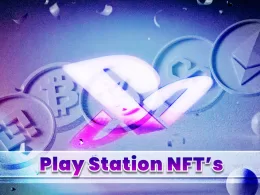Quick Links
In the ever-evolving landscape of blockchain gaming, scalability remains a critical challenge that needs to be overcome for the industry to achieve widespread adoption. The fusion of blockchain technology and gaming, known as GameFi (Game Finance), has opened up exciting possibilities for gamers, game developers, and investors. However, the scalability hurdles within this ecosystem can hinder its growth and mass appeal.
Understanding GameFi Scalability
GameFi combines the best elements of traditional gaming and decentralized finance (DeFi) on the blockchain, enabling players to own, trade, and monetize in-game assets securely. This innovative concept has generated significant interest among gaming enthusiasts and investors, but for GameFi to truly thrive, scalability must be addressed comprehensively.
Challenges in GameFi Scalability
Network Congestion:
Network congestion is one of the primary scalability challenges within blockchain gaming, including GameFi. Popular blockchain networks like Ethereum often face congestion during peak periods, leading to slow transaction processing and high fees. This congestion hampers the smooth and seamless gaming experience that players expect and can discourage participation. A great example of the mentioned paradox is when Yuga Labs had once tweeted about the need to migrate to another chain due to network congestion. Therefore, it is crucial to develop solutions that mitigate network congestion and ensure an optimal gaming experience for all players.
Smart Contract Scalability:
Smart contracts serve as the backbone of blockchain gaming, facilitating the execution of game logic and ensuring secure ownership of in-game assets. However, as GameFi platforms grow and attract more users, the scalability of smart contracts becomes a pressing concern. The ability of smart contracts to handle a large number of concurrent interactions and transactions is vital for a seamless gaming experience and the overall success of GameFi projects. As seen by a report on the annual transactions seen in GameFi ranging from 130-185 million with a volume exceeding $3.3 billion, it’s quite evident that scalability needs to be achieved in order to make the entire experience flawless and avoid crashes.
Interoperability:
GameFi platforms often operate on different blockchain networks and protocols, posing interoperability challenges. Interoperability refers to the seamless transfer of assets across multiple platforms, which enhances the gaming experience and enables players to utilize their assets effectively. Overcoming these interoperability hurdles will contribute significantly to the scalability and growth of the GameFi ecosystem.
One of the ways it is achieved is by utilizing cross chain bridges. In GameFi, cross-chain bridges are used to allow users to exchange in-game assets across networks. They are also essential in improving GameFi’s experiences and liquidity.
However, inconsistencies among in-game assets pose a significant risk to cross-chain bridges in GameFi. Contracts on both sides of the bridge should ensure that the same number of assets are accepted and burned.
User Onboarding
It is a known fact that the majority of gamers in the world are still native to Web2.0. There exists a lack of knowledge amongst these majority about the opportunities that Web3.0 brings. There also exists a fear of technicality that acts as a barrier in user acquisition as knowledga about crypto wallets and blockchain is required in order to effectively interact with play2earn games. To counter this, a strategy needs to be adopted by game developers and studios to create a seamless experience where the user does not need to understand these technicalities and is able to interact with the platform without even noticing that he is operating in Web3.0. With that, training and adequate knowledge sharing through social media or community campaigns is also a must.
Solutions and Innovations for GameFi Scalability
Layer 2 Scaling Solutions:
To tackle network congestion and improve transaction throughput, layer two scaling solutions have emerged as a promising avenue. Optimistic rollups, zk rollups, and other layer two solutions can relieve the strain on the leading blockchain network by moving certain transactions off-chain and settling them periodically on-chain. These solutions offer improved scalability and reduced fees, enhancing the overall GameFi experience for players.
Optimized Smart Contract Design:
GameFi developers are actively exploring innovative approaches to optimize smart contract design. Techniques such as sharding and off-chain computation are being employed to enhance smart contract scalability. Sharding involves dividing the workload across multiple chains, while off-chain computation reduces the computational burden on the blockchain network, leading to improved scalability and efficiency.
Cross-Chain Interoperability Protocols:
Overcoming interoperability challenges is crucial for the growth of GameFi. Cross-chain interoperability protocols like those being developed for Ethereum and Binance Smart Chain enable seamless asset transfers across different blockchain networks. These protocols eliminate the need for users to hold multiple wallets or convert their assets, enhancing the overall gaming experience and fostering a vibrant GameFi ecosystem.
Case Studies: GameFi Projects Tackling Scalability Challenges
Axie Infinity:
Axie Infinity, a leading blockchain game, has successfully addressed scalability challenges by implementing layer-two scaling solutions. The project introduced Ronin, a sidechain built specifically for Axie Infinity, which has significantly improved transaction speed and reduced fees. By leveraging Ronin, Axie Infinity has enhanced scalability and minimized the burden on the Ethereum blockchain network, enabling a smoother gaming experience for its players.
Recently, Ronin as been emerging as the go to blockchain for games as seen by high support by gaming studios. As of Q2, 2023 Directive Games, Tribes Studios and Bali games are the ones who will be launching a series of games initially.
Defi Kingdoms:
Defi Kingdoms is another GameFi project focused on scalability and improved user experience. Defi Kingdoms has achieved high throughput and low transaction fees by utilizing the Avalanche network and its subnets. The project’s innovative approach to scalability has attracted players and investors alike, contributing to its growth and success within the GameFi industry.
Future Outlook for GameFi Scalability
As blockchain gaming and GameFi evolve, addressing scalability challenges will remain a top priority. The ongoing development and adoption of layer two scaling solutions, optimized smart contract designs, and cross-chain interoperability protocols will unlock the path to mass adoption. By overcoming these challenges, GameFi platforms will offer players a seamless, immersive, and economically rewarding gaming experience, attracting a broader audience and driving the industry forward.









